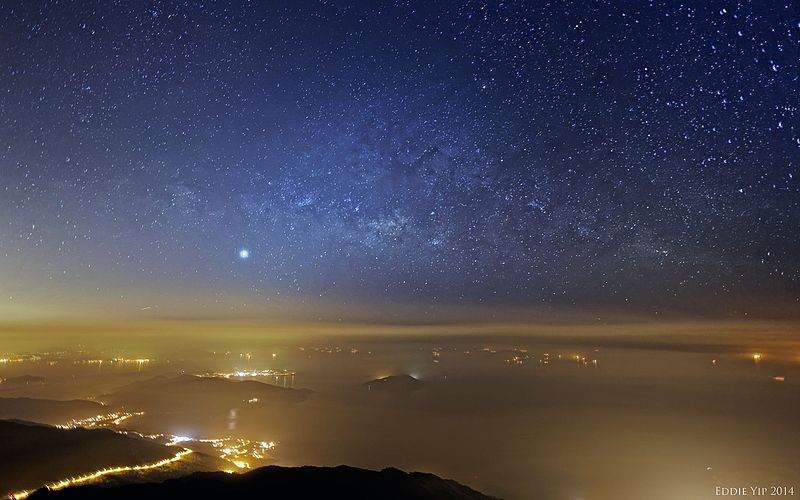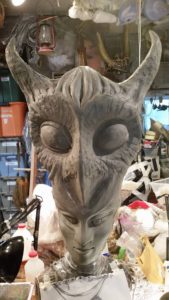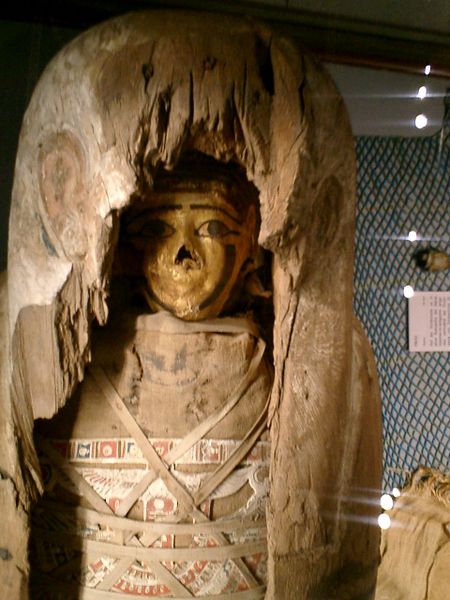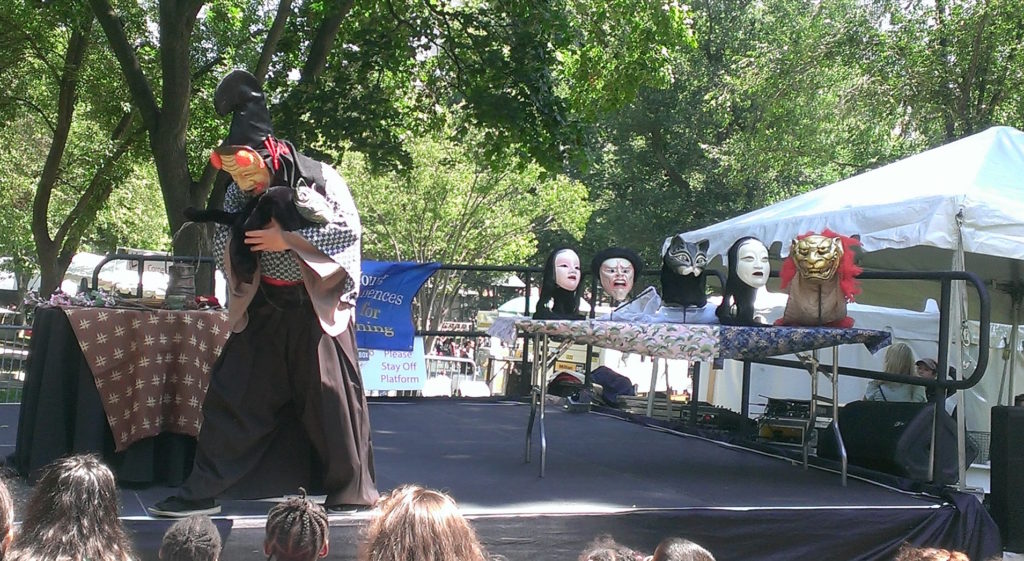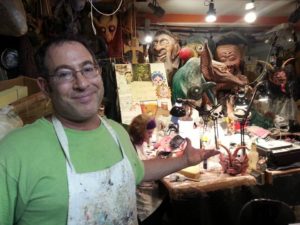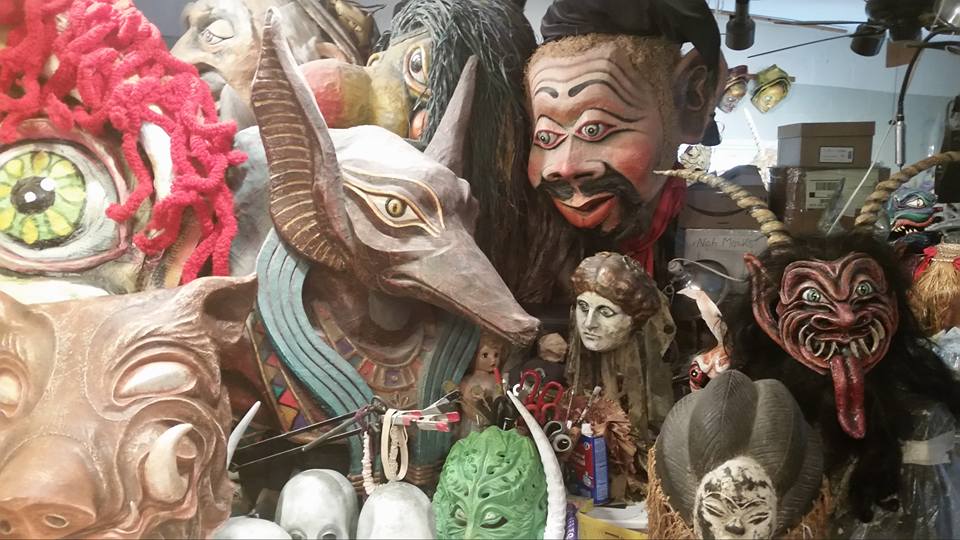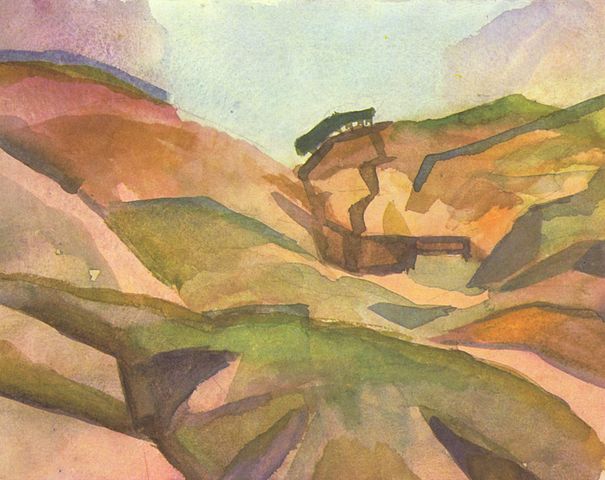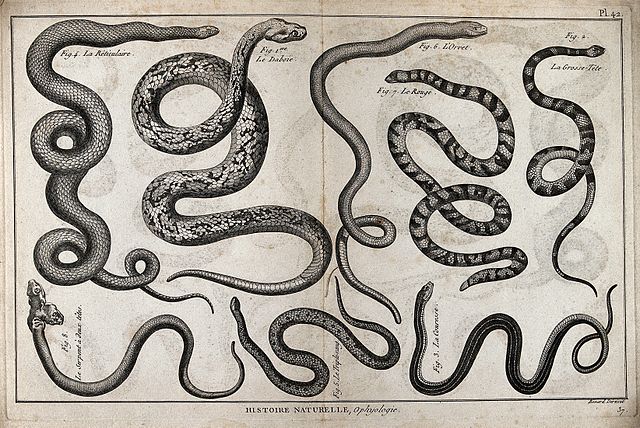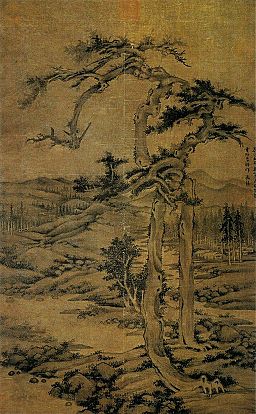
girlhood maps we drew
pencil forests covering a table
no rivers or cities, just forests
of pine trees stacked arrows on arrows
parallel trunks to ground
you were a duchess and i was a robot
i was an empress and you were an elf
i was a warrior and you were a warrior made of gold
this
is the point in the story where you lose your shine
in college I learn I’m not so smart
age branches us to fond distance
but
you never did
i never did
it never did
instead we were white ghosts in rice-stepped mountains
instead we pulled weeds from the desert
now your daughter is an elf
and a warrior and a map of trees
now
we seek the linchpin of the moon

